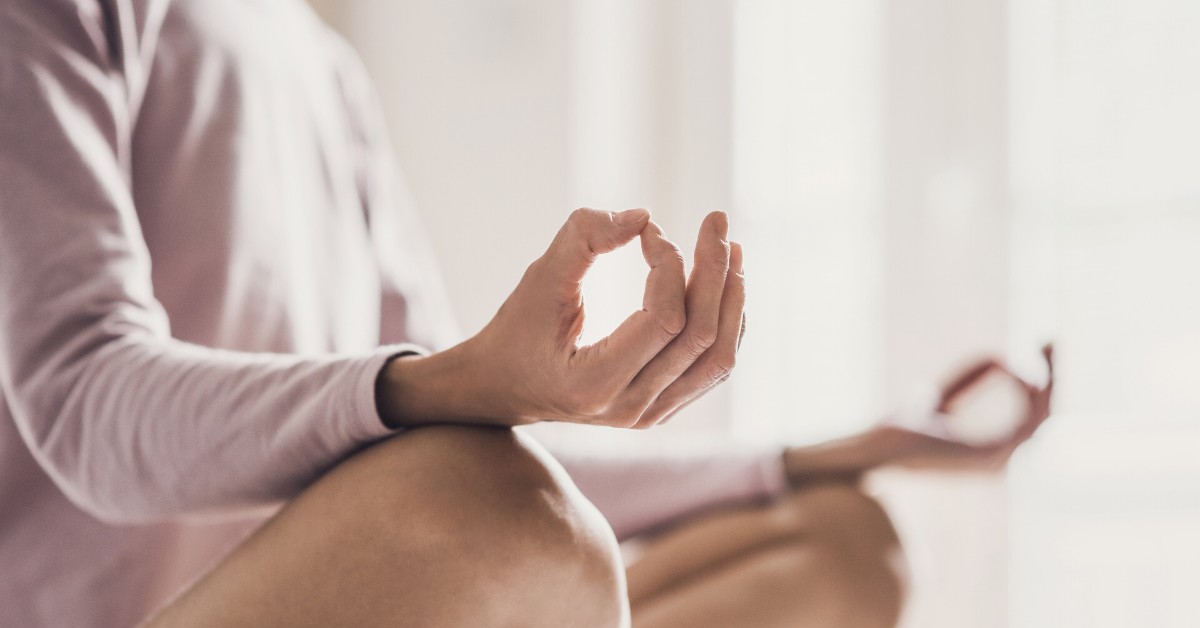
Change, even when positive, can create stress in our bodies. During this time of unprecedented change as we operate amid the COVID-19 crisis, our routines are disrupted and an overall sense of instability permeates our lives, both personally and professionally.
At a time when even the most normal activities from grocery shopping to simply leaving the house can be stress-inducing, many people are experiencing feelings of depression and anxiety.
“We’re all so focused on staying well right now and our mental wellbeing is a huge component of overall health,” said Dr. Claire Presswood, a physician specializing in internal medicine with Tryon Medical Partners. “When we think of mental stress, anxiety and depression may be the first things that come to mind, but stress can have a lot of unintended effects on the body.”
Stress immediately impacts our heart rate, blood pressure and muscles, Dr. Presswood says, but prolonged stress weakens our immune system and can result in headaches, insomnia and increased risk for heart attack and stroke.
While a doctor can address your concerns about stress and anxiety, even in this time of social distancing via a virtual visit, deep breathing exercises are one way you can address stress management in the moment.
Control Your Breathing to Control Your Stress
Have you ever paid attention to the way you breathe when you feel stressed? Short, quick breaths are all part of the body’s “fight or flight” reaction, giving you that sensation of panic. Controlling your breathing is the first step to controlling your anxiety.
Deep breathing exercises can help you feel calm, relaxed and less stressed, Dr. Presswood says. By breathing deeply you send signals to your brain to calm down, then your brain sends this message to the rest of your body.
“Practicing deep breathing doesn’t have to be formal or time consuming,” Dr. Presswood said. “A few moments of focus in a quiet place can make a huge and immediate impact on your body.”
A Simple Breathing Exercise to Start With
If you’re a deep breathing beginner, here is a series Dr. Presswood recommends to get you started. Take a moment and find a quiet place where you won’t be interrupted.
- Sit or stand with good posture, or lie flat on the floor with a hand on your belly.
- Inhale through your nose for four seconds and let your belly push your hand out.
- Hold for four seconds.
- Exhale through pursed lips for four seconds and feel the hand on your belly go in.
- Hold for four seconds.
- Repeat this cycle three to 10 times.
Resources to Stay the Course
As you’re practicing deep breathing, thoughts can enter your mind and distract you. “Be gentle with yourself,” Dr. Presswood said. “Don’t let the thoughts disway you from continuing. Simply pull your focus back to your breath and continue to repeat the cycle.”
Focusing on a place, an image or a positive saying can help center your mind. Having a relaxing soundtrack can also be soothing. Spotify has an entire channel devoted to meditation with music and nature sounds designed especially for practices like deep breathing. There are even guided meditations if these are helpful to keep you on task.
There are several apps that can also help you develop a deep breathing practice. Though there is a paid version of Headspace, the app has a free 10-day beginners guide and more advanced features specific to stress, anxiety, sleep and more. Similarly, the Calm app provides a few free resources that focus on stress and sleep.
Deep breathing is just one tool in your kit for managing stress. Your primary care physician can help develop multiple strategies that work for you. As we work to maintain social distancing, addressing these concerns with your doctor can be done through a virtual visit.

